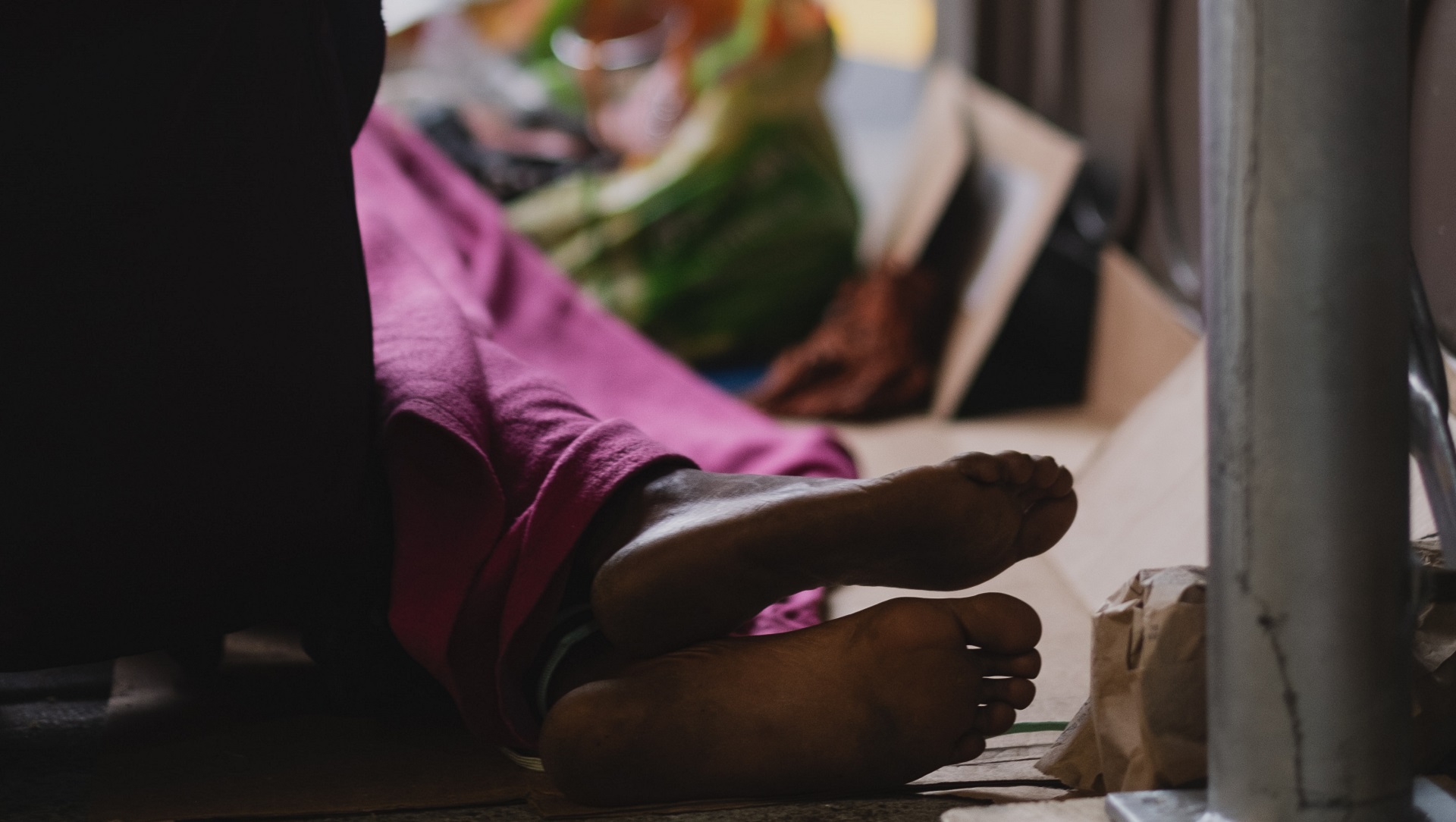In August of this year, 28 of the country’s leading homelessness charities wrote to the two Conservative leadership candidates Liz Truss and Rishi Sunak. In the letter we warned that, after four years’ of falls in rough sleeping due to the pandemic response, we were now at a “precipice” and that without governmental intervention, we feared many more people could be forced into homelessness as the cost of living crisis starts to bite.
Sunak’s team sent us a detailed response to the letter. “Ensuring that everyone has a roof over their head is absolutely crucial to Rishi” they said, “and despite the economic circumstances Rishi is still committed to ending rough sleeping once and for all by 2024.”
This commitment is all well and good, but unfortunately the reality on the ground three months on is very different. Homeless Link has close to 900 member organisations across England working on the frontline of this issue. I regularly hear stories from concerned services of more people sleeping rough, with one organisation that supports around 300 people each day in the east of England warning they are now seeing the “first wave of a potential tsunami” of homelessness.
In London, this trend is born out through the most recent statistics from the homelessness database Chain, with rough sleeping up by 24 per cent compared to 2021, while national local authority data shows evictions from private tenancies leading to homelessness are up by over 100 per cent on the previous year.
- How many empty homes are there in the UK?
- What is the main cause of homelessness?
- How does homelessness differ for women?
The majority of homelessness services are commissioned through local government contracts. The government allocated the funding for these contracts in October 2021, when inflation was just over 4 per cent. Since then, it has more than doubled, while charities across the country are deeply concerned about what will happen once the government’s current energy support ends early next year.
Everyone deserves a safe place to live and the support they need to keep it. But, as inflation continues to send costs rocketing alongside long-term funding deficits and staff shortages, a previously stretched homelessness sector is now in crisis. At Homeless Link, we recently polled our members, receiving 77 responses from organisations across the country. 92 per cent agreed they’re worried the rising cost of living will affect their ability to maintain service and support standards, while over one in four stated the cost of living crisis may force services to close.





